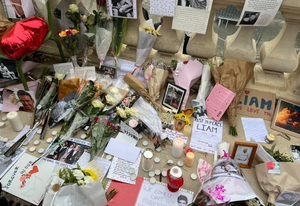- Managing a celebrity death on property
- Being attacked on Twitter by an A-lister
- The reality of crisis management with celebrity guests
All hotels should have well-rehearsed crisis communications strategies.
But when an incident involving a celebrity occurs on property, particularly a celebrity who brings international tabloid attention, the General Manager and comms team need to act fast.
The recent case of Liam Payne’s death at CasaSur Palermo in Buenos Aires is a case in point.
Within hours of the first call to emergency services, tabloids had obtained audio of those calls and photographs of the room, and they were going viral online.
Fans were soon bombarding the hotel's social media profiles (and review sites) with questions, criticism and poor-taste commentary.
And the property was criticised publicly for not respecting his privacy.
Although it was not in the same league, earlier this summer Serena Williams tweeted that she was denied entry to the rooftop restaurant at the Peninsula Paris. Even something like this poses a (much smaller-scale) crisis for the comms team to deal with.
Minor incidents with high-profile guests can spark international coverage and speculation. And lead to cancellations.
The quest for link-bait means that media on the other side of the world will publish celebrity-related stories if they think it will drive traffic.
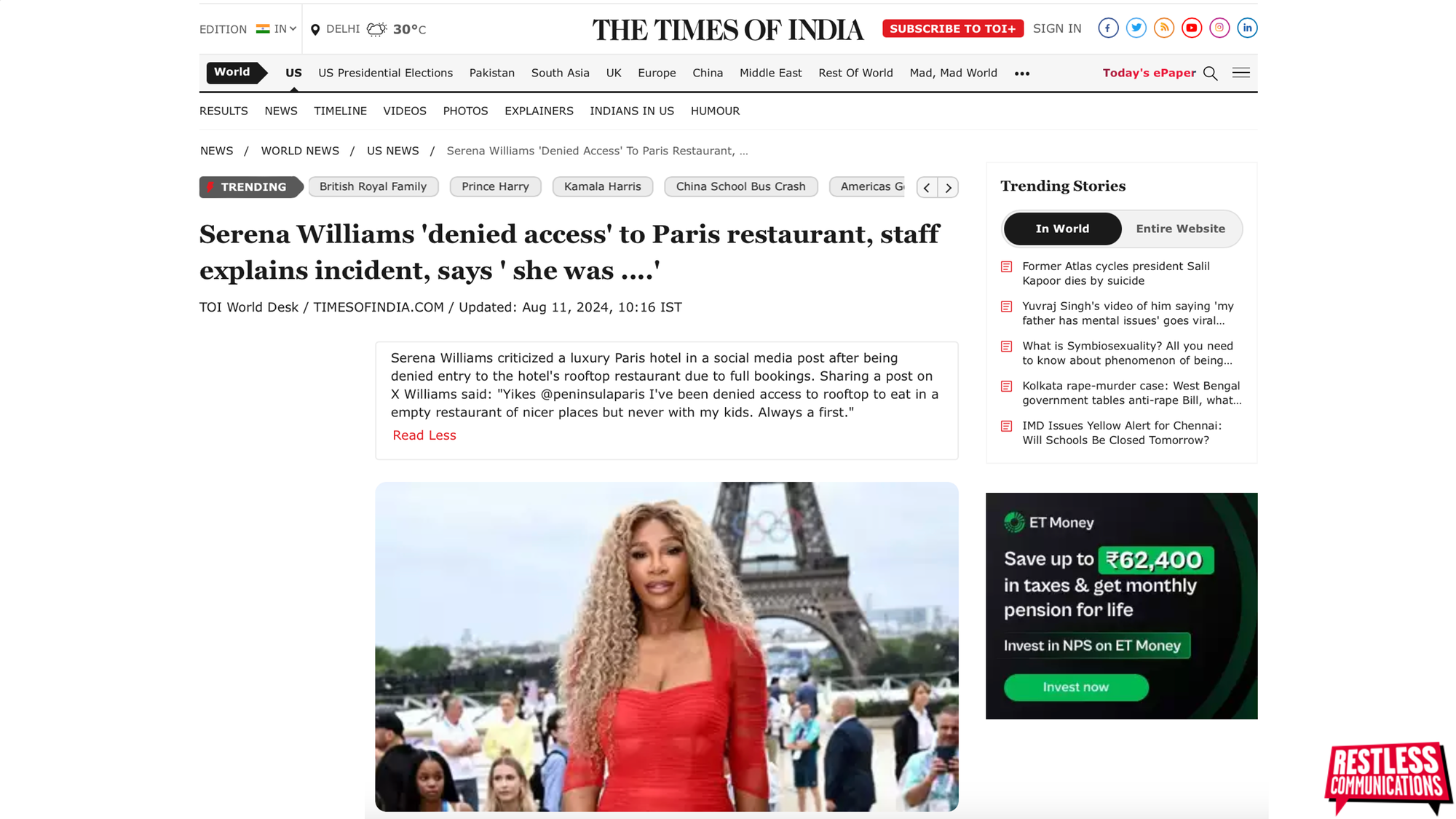
In an attempt to maintain or improve their reputation, hotel General Managers and Comms directors need to anticipate the tactics media will use to drive clicks to their stories - including repeating untrue social media claims and accessing sensitive details about incidents.
What steps should hotels take for crisis communications
Wherever possible, hotels should follow our four-step approach to crisis communications:
- Identification: What exactly has happened? Get the facts, fast.
- Evaluation: What are the implications? Practical, reputational and financial etc.
- Escalation: Who else needs to know? And what do they need to know? Owners, senior managers, local stakeholders, staff, guests etc.
- Response: What do we need to do? What do we need to say? (And just as importantly, what should we NOT say) And what channels should we use?
But when it comes to managing the unique challenges a celebrity crisis presents, the situation is much more complicated.
1. Hotels should expect tabloid tactics, and prepare to be behind the narrative
Anticipate the leak of emergency calls, room photos, CCTV, toxicology reports
Media outlets and tabloid journalists will go to great lengths to access all available information.
Following Liam Payne’s incident, the CasaSur Palermo faced challenges as the media soon had access to the audio from calls to emergency services.
This was quickly followed by photos from inside the singer's room (rumoured to be leaked by a hotel employee), photos of the singer's body (initially published, and then withdrawn by TMZ), and early drafts of toxicology reports.
Journalists will find ways to access this sort of information when a high-profile celebrity is involved. The boundaries are being pushed in search of clicks. And then other media can report on the 'outrage' caused by those boundaries being pushed.
And the story lives on for longer.
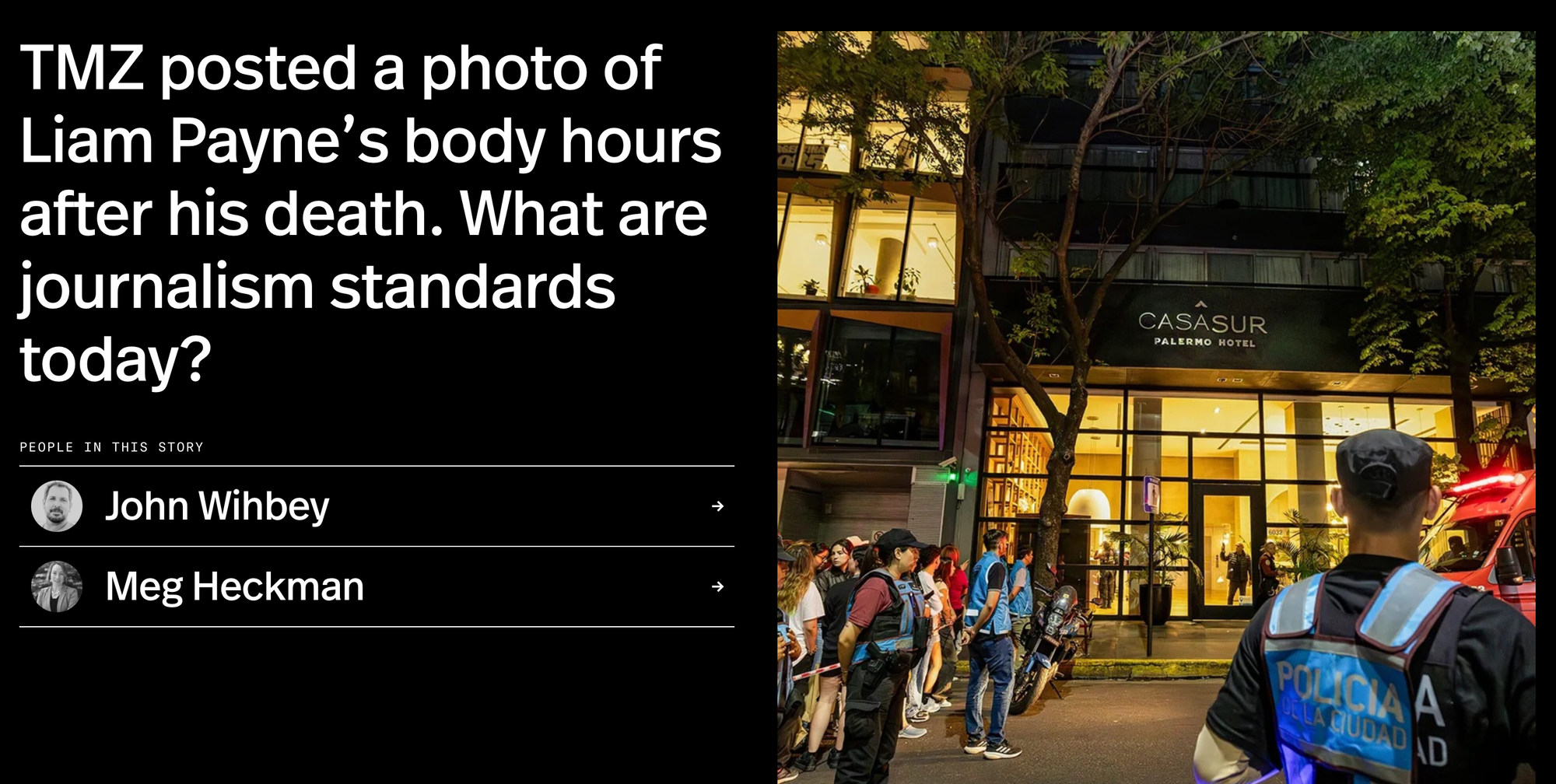
How should hotels respond?
Of course, every situation is different. But as a rule, with a high-profile celebrity incident on property, Hotel Crisis Teams should immediately act to roll out rehearsed strategies which will include:
- Escalate to Regional or HQ: Hotel groups will have PR, legal and operational teams who can support individual properties. Use them. Bring in agency support as required too
- Control Access: Work with security (but hand over to local authorities as requested) to protect the area and restrict entry to essential staff only
- Change internal routines: All on-property operations are likely to be affected. Implement new changes quickly. Bring in extra resources as required
- Brief employees: Ensure changes are briefed to staff. Remind all staff not to talk to any media or other guests. Remind them of confidentiality agreements, and restrict physical access to rooms, CCTV footage, and hotel records
- Restrict access: Limit access to CCTV and other guest rooms
- Issue a holding statement: Provide a brief, fact-based statement that reflects the seriousness of the incident and the privacy of the guest. Show emotion if appropriate. Adapt the holding statement for other stakeholders - including guests, owners, local authorities etc.
- Log and redirect media enquiries: Refer media enquiries to local authorities for formal responses. Only deal with questions about the property and your response. Never speculate
- Respond fast and publicly: If any staff breaches confidentiality, discipline them. You should expect to explain (without naming individuals) what actions you have taken as well
- Prepare counselling for family members, staff (and guests): Depending on exactly what happened GMs should expect to provide formal emotional support for anyone on-property who has been affected
- Stop all proactive marketing communications: Prevent any sales messages across all channels
- Plan communications to future guests: Does the property remain open? Reach out to guests due to arrive imminently explaining their options
How should hotels manage social media activity and manage fake reviews
Prepare to deal with fake reviews and offensive comments
Celebrity crises often attract a wave of false reviews and inappropriate social media posts.
When Serena Williams tweeted that she was 'denied access' to a restaurant, the social 'pile on' was to criticise her and support the property.
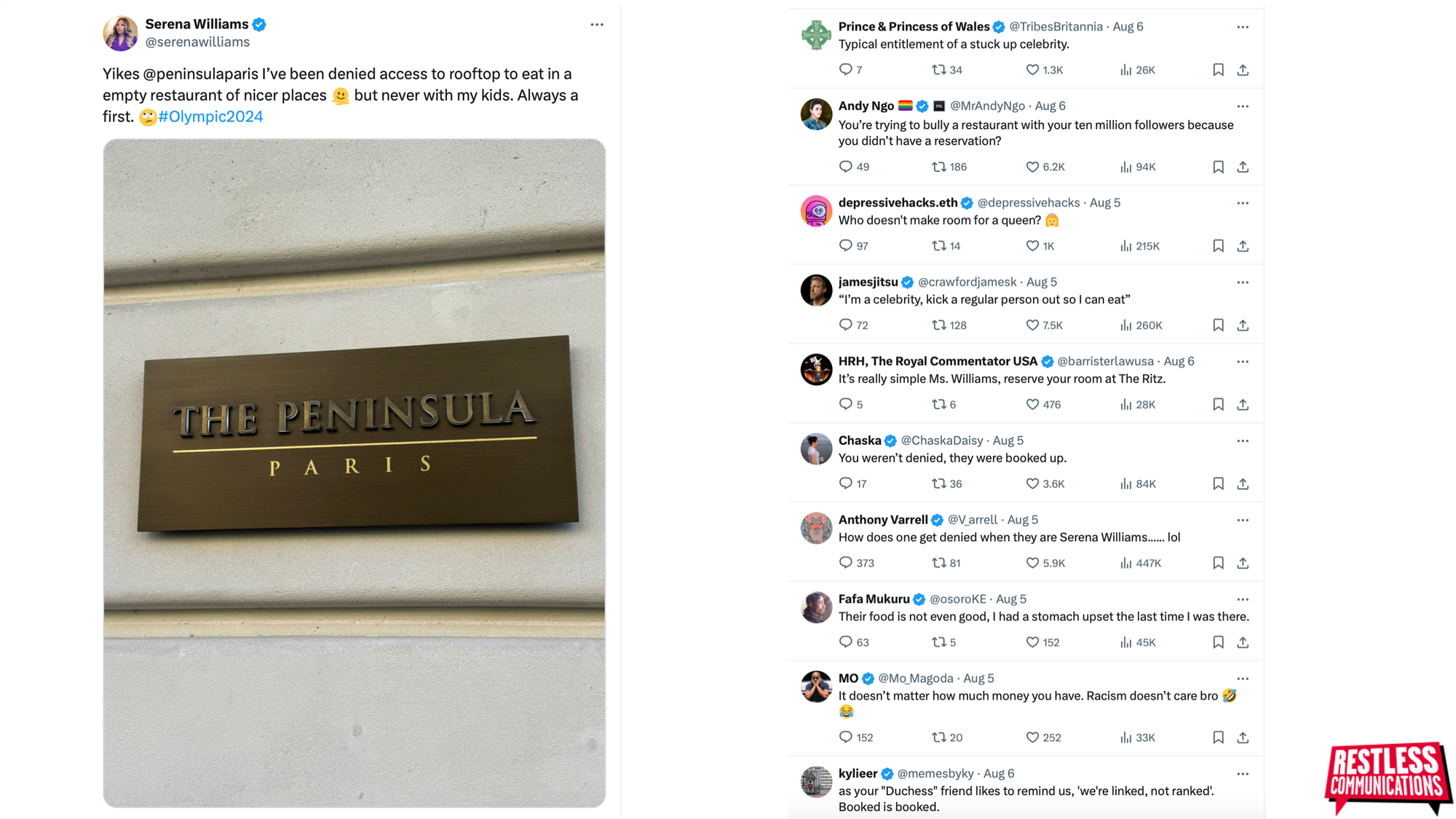
And the property's response was textbook.
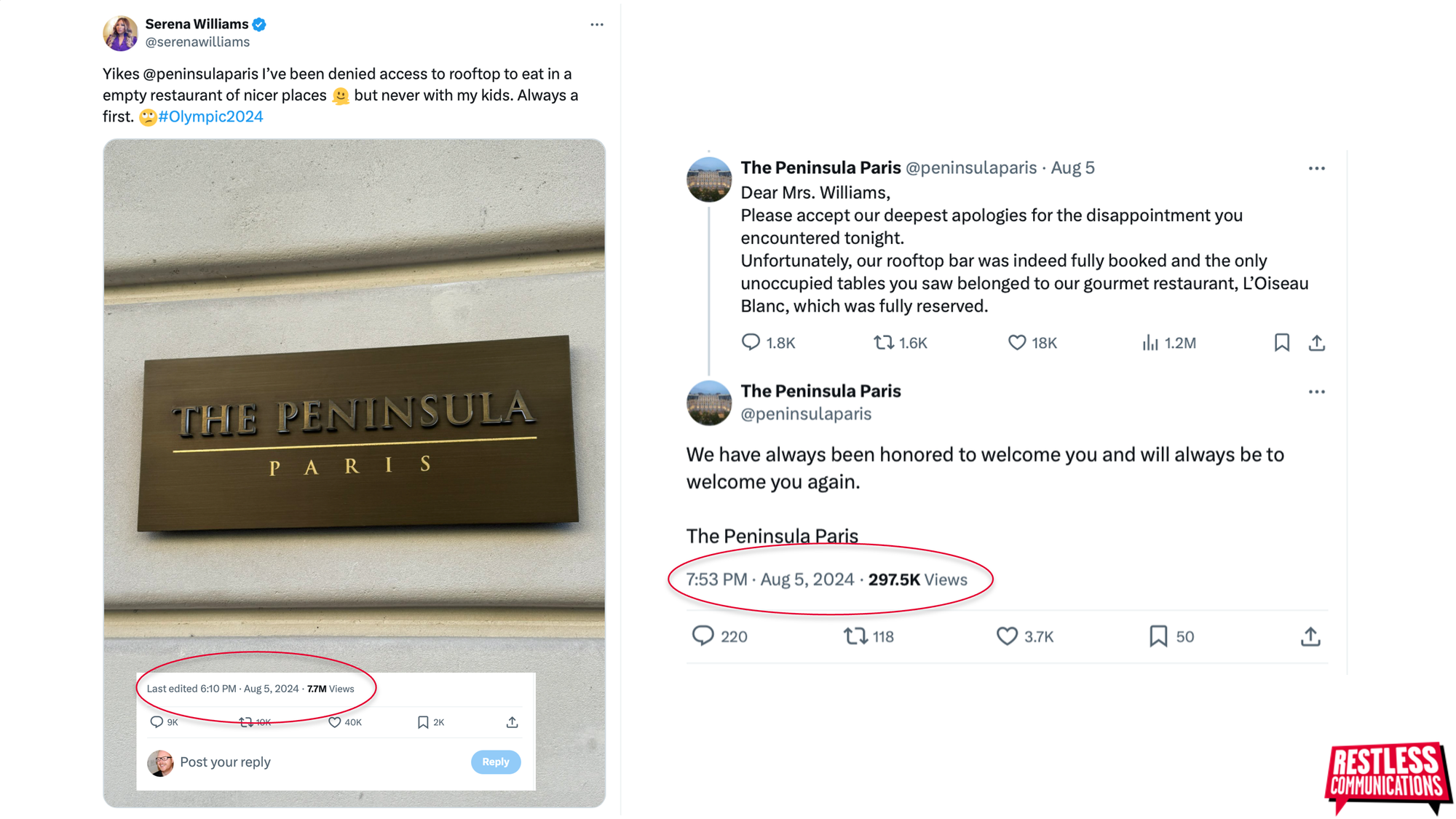
But when Liam Payne died, CasaSur Palermo's social sites were first overwhelmed with questions, before travel review sites were inundated with posts from people posting fake (and often) offensive reviews.
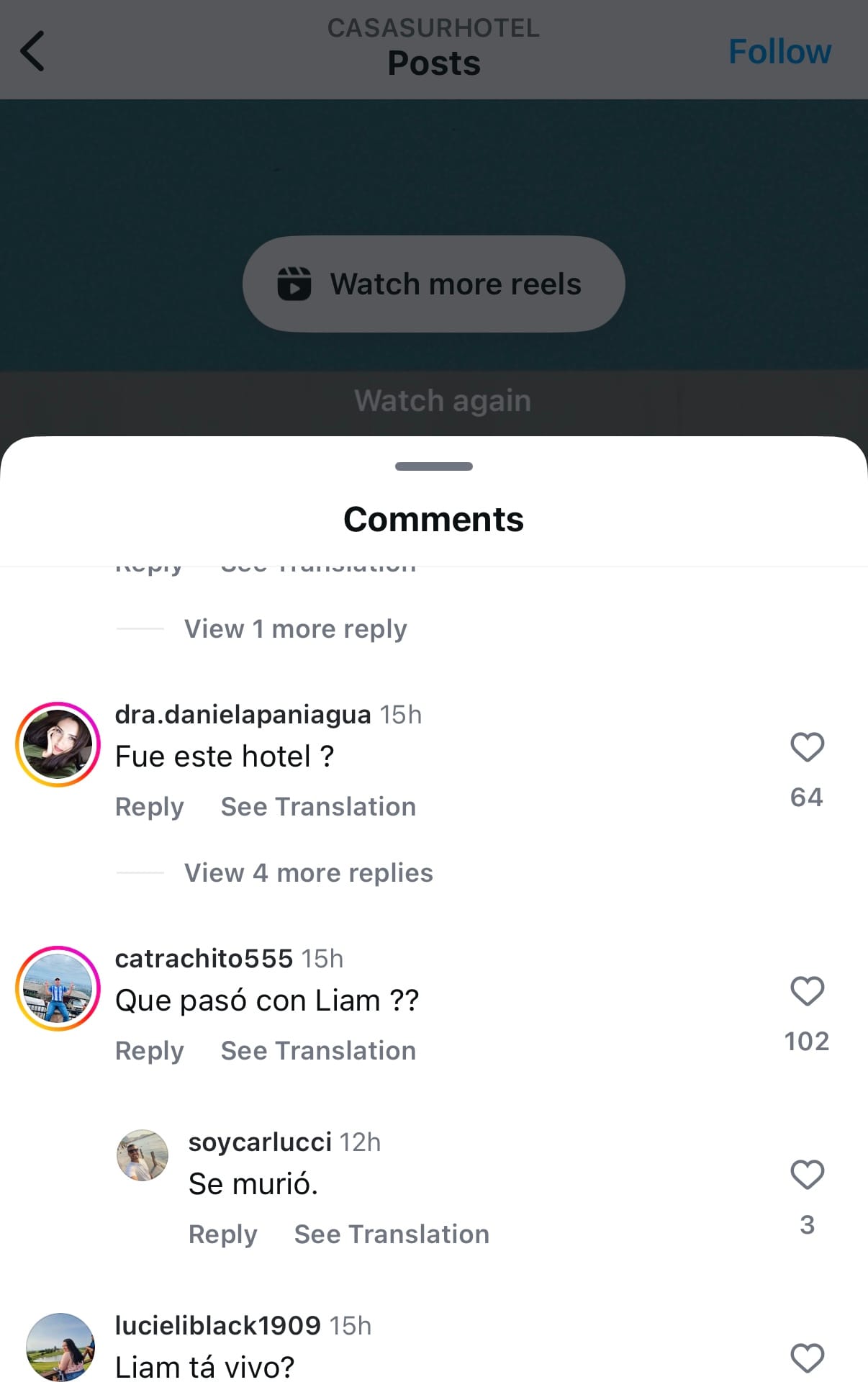
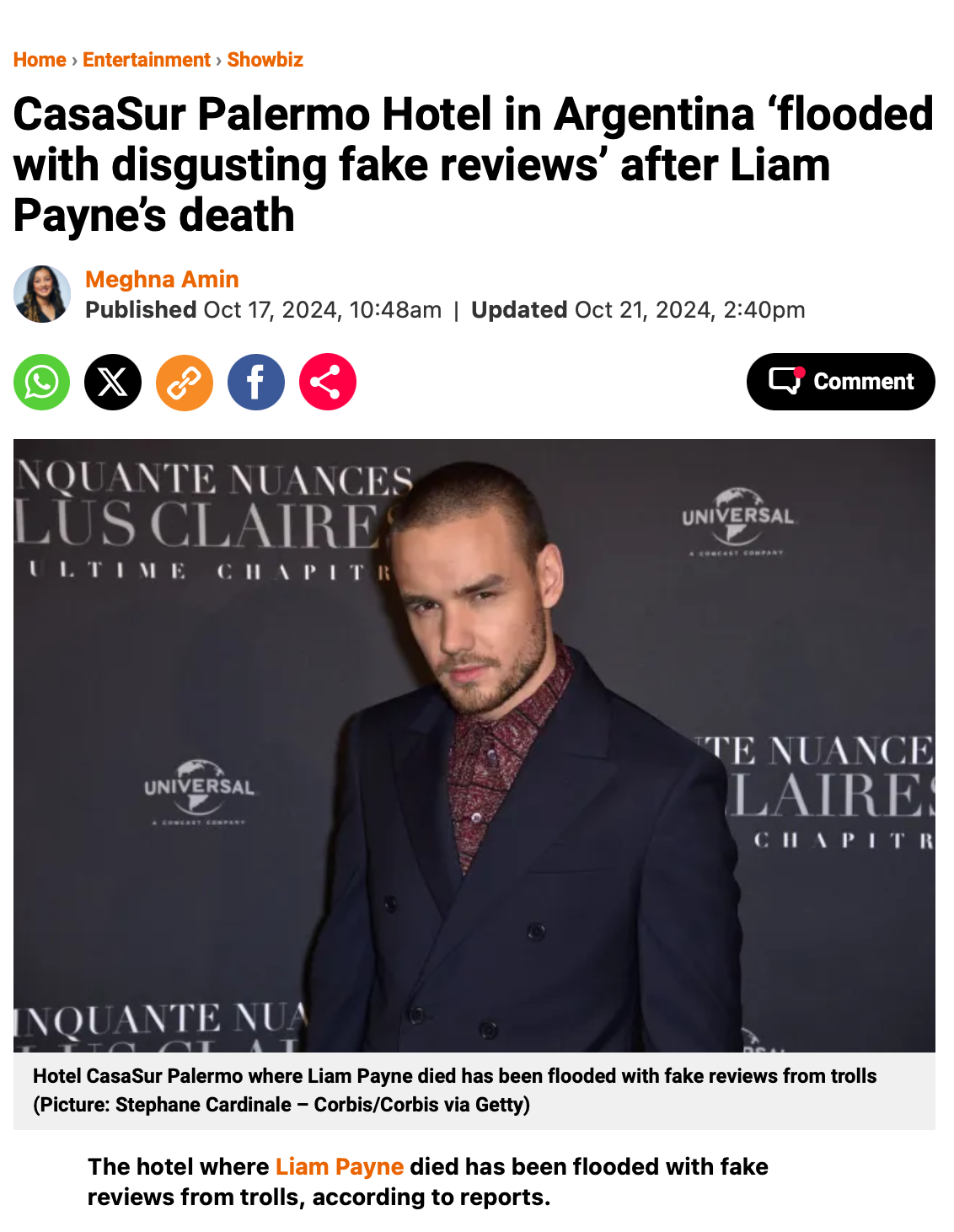
In all cases, hotels need to increase resources to monitor and deal with comments across all public platforms including owned social media channels and review sites.
Properties will often need to roll out an updated moderation policy immediately.
To immediately delete offensive and fake posts.
And stop all proactive activity.
2. Anticipate and manage heavy call volumes, vigils, death tourism, and shrine-building
Managing increased call volumes
Hotels should expect an immediate surge in call volumes from the media, influencers and fans in the wake of a celebrity incident.
- Set up a crisis hotline: Designate a specific phone line for media enquiries and publish it in your official statement
- Bring in media relations, and social media support: The sudden spike in interest will be unlike anything you have experienced before. Bring in and brief external experts as required - including for emotional support
- Train staff on a media response script: Front desk teams should use a prepared script that redirects press enquiries to the crisis line. All staff should be briefed on the same script and encouraged NEVER to speculate
- Limit information sharing internally: Restrict sensitive details to key personnel to minimise the risk of leaks
Prepare for vigils, death tourism and shrine-building
The property should also expect a surge in visits from media and fans if a celebrity dies on property. They will try and access restricted areas, and ask staff, guests, suppliers and neighbours for their memories.
In due course, it's common for 'fans' to try and access and book the room where incidents are rumoured to have happened.
But it's also common for hotels to refurbish the room/floor where incidents occur, and to remove the room number entirely. Even to re-brand the entire property.
The Beverly Hilton refitted the entire floor where Whitney Houston died in the bath, and removed room number 434. The Seminole Hard Rock in Hollywood did something similar following the death of Anna Nicole Smith in room 607.
- Set up a dedicated area for media: This may well be off-property, to try and prevent them from accessing off-limits areas. Doing so will require chaperoning everyone who comes into the building
- Close the entire floor: Consider closing off the entire floor, even after any crime scene has been lifted
- Manage crowds: Work with local authorities to decide where/how crowds should be ushered
- Create a 'public' memorial area: Try to offer a public location nearby and off-property as somewhere fans can go to pay their respects, allowing the hotel to avoid disruption
- Issue a Statement of Condolence: Express public condolences to acknowledge the incident respectfully and compassionately.
Following the death of Anthony Bourdain in his hotel in 2018, Olivier Nasti, the chef and owner of Le Chambard posted a 'textbook' statement on Twitter to try and limit the intrusion:
It is with great respect for the chef, the author, the TV presenter, the visionary Anthony Bourdain that I send all my condolences to his family and the anonymous people around the world whom he made dream so much.
Out of respect for his relatives and all his friends, my team and I wish to preserve his memory in silence. Finally, through these few words, it is the whole family of the French gastronomy that joins me, to renew our deep friendship to our bereaved American brothers.
3. How should hotels co-ordinate with the authorities?
As soon as the authorities are involved, GMs need to coordinate everything through them. Indeed, in many parts of the world, the authorities will take full control of any situation which could damage the country's reputation.
At the very least, properties should generally leave it to authorities to provide updates to the media, following their initial holding statement.
And properties should never name any individuals until/unless the authorities have named them first.
What to coordinate with the authorities
- Media relations: The hotel should make it very clear that they are working closely with the authorities, but that the authorities are taking the lead in providing regular media updates
- Crowd management: Decide early on where you want to encourage fans to gather so they can pay respects (ideally off-property)
- Guest relations: The property should respond to property-specific questions from guests, media or other stakeholders - but keep the authorities in the loop
- Guest access: The authorities will want to restrict guest and staff access to certain areas, and will expect the hotel to help
- Dedicated contact person: One member of the crisis team should be deployed as the primary contact person
- Re-opening plans: The authorities will formally hand over a property (or the affected room), but it's up to the hotel to decide what happens next
4. How can hotels return to normality after a crisis
In many respects, a hotel will never completely return to normality.
There will always be visitors because of what happened on property. People still visit L'Hôtel in Paris because one of the world's first-ever celebrities (Oscar Wilde) died there in 1900.
But managing communications around any 're-opening' is complex.
Of course, it depends on exactly what has happened, and how well the property was seen to deal with it, but the following should always happen.
Conduct a Post-Crisis Evaluation
Once the immediate crisis has passed, the hotel should conduct detailed work to review its actions and communications.
Evaluating and learning from the incident should nearly always lead to changes in operations and communications.
- Hold an internal debrief: Bring together team leaders and all staff to discuss what went well and what could be improved
- Identify best practices: Analyse social media responses, press handling, and guest communication to define best practices
- Update crisis communications processes: Update any outdated crisis response protocols based on new insights, making future responses even stronger
- Train your colleagues: Share your learnings with sister properties
Prepare for reopening
- Clarify operational changes: You might have a room or floor that remains closed. Be transparent (but without going into details). Explain why and what you are doing about it
- Communicate any other operational changes: If you have made any operational changes, then be prepared to communicate them
- Limit 'death tourism': Most properties will want to discourage media/guests from visiting because of what happened
- Create a clear comms strategy: You might decide to not reopen with a fanfare, or to reopen with offers for previous guests. Whatever the communications strategy you decide, be sensitive. There will be people looking for any excuse to criticise your property. Ensure you don't give them an opportunity to
- Review and update SEO: You will need an active SEO strategy to help you reduce the visibility of news coverage
Next steps
Hotel Crisis communications training
We have delivered crisis communications training and support for travel and five-star hotel brands for over fifteen years, including Shangri-La, W, Marriott and Starwood.
If you would like to discuss how we can help you prepare for (or deal) with issues on-property, get in touch with us today.


